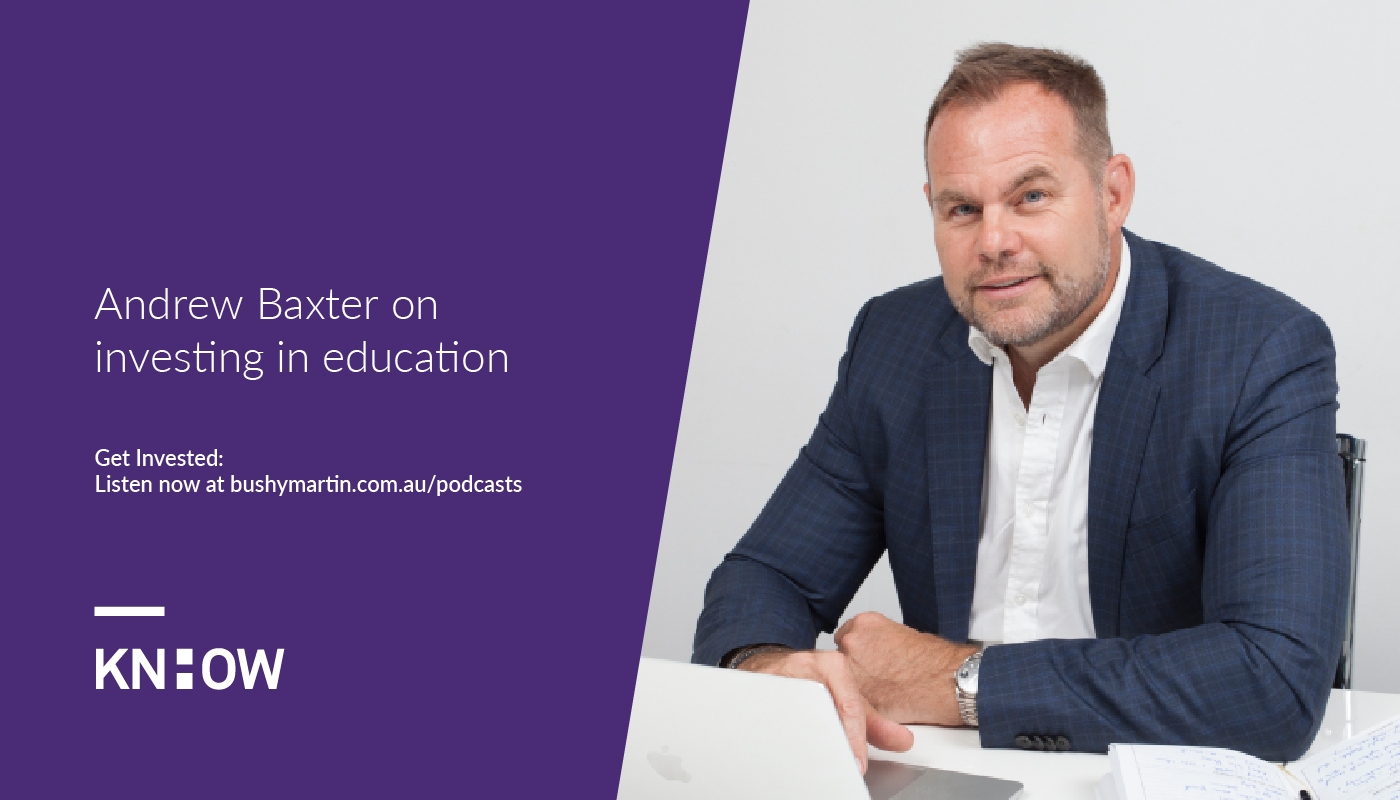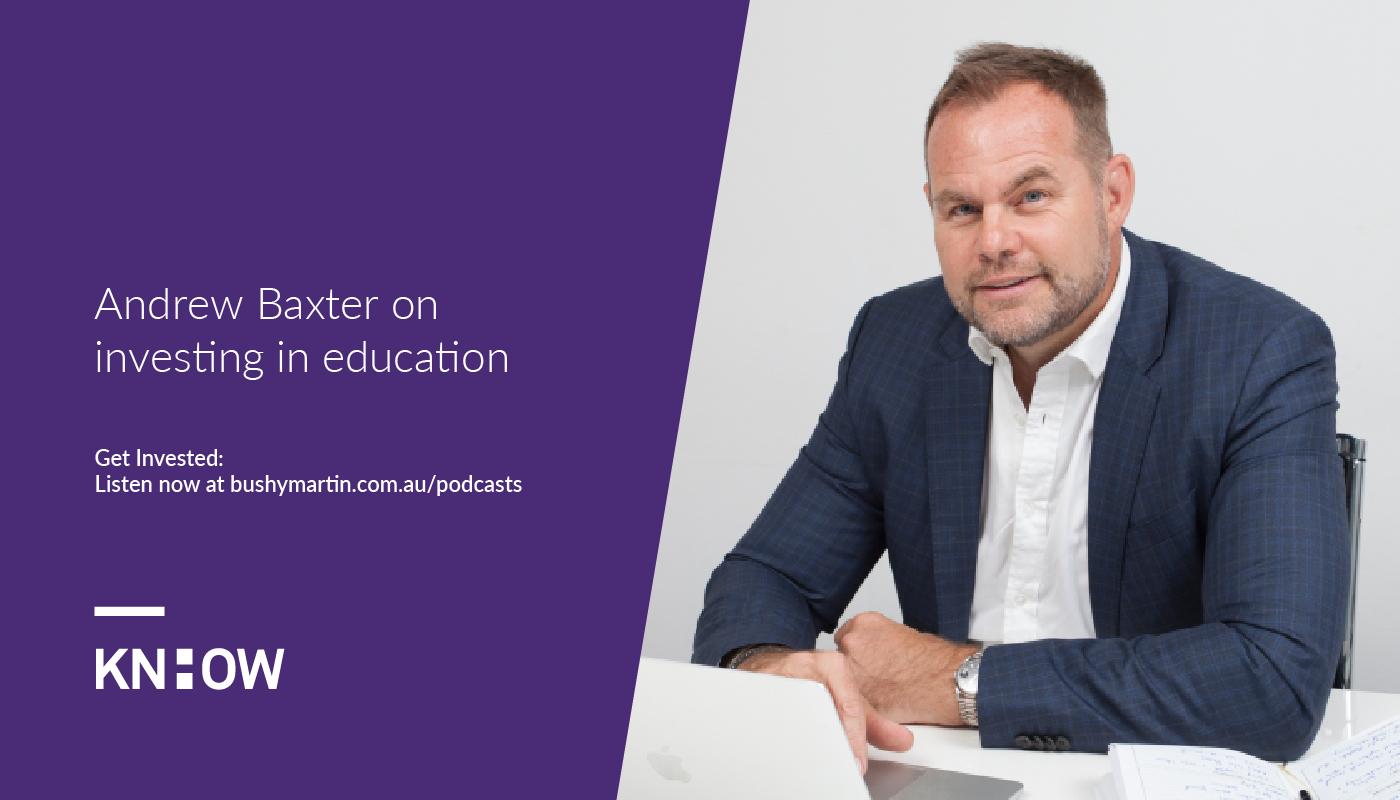Step-by-Step Online Trading Courses – Designed for Australian Investors
Ready to build trading skills from the ground up? Australian Investment Education’s step-by-step online trading courses are tailored specifically for Australian investors seeking to trade confidently in forex, stocks, and options. Led by expert trader Andrew Baxter, these courses break down complex strategies into easy-to-follow lessons. Whether you're a complete beginner or looking to refine your techniques, you'll learn how to analyse markets, manage risk, and execute profitable trades. With flexible online access and practical guidance, these courses help you trade smarter and build wealth over time. Start learning at your own pace—your trading success starts here.
https://www.andrewbaxter.com.au/about-andrew-baxter/
#AustralianInvestors
#ForexTradingAustralia
#StockMarketEducation
#OptionsTrading
#AndrewBaxter
#InvestSmart
#FinancialFreedom
#OnlineTradingCourses
#TradingEducation
Ready to build trading skills from the ground up? Australian Investment Education’s step-by-step online trading courses are tailored specifically for Australian investors seeking to trade confidently in forex, stocks, and options. Led by expert trader Andrew Baxter, these courses break down complex strategies into easy-to-follow lessons. Whether you're a complete beginner or looking to refine your techniques, you'll learn how to analyse markets, manage risk, and execute profitable trades. With flexible online access and practical guidance, these courses help you trade smarter and build wealth over time. Start learning at your own pace—your trading success starts here.
https://www.andrewbaxter.com.au/about-andrew-baxter/
#AustralianInvestors
#ForexTradingAustralia
#StockMarketEducation
#OptionsTrading
#AndrewBaxter
#InvestSmart
#FinancialFreedom
#OnlineTradingCourses
#TradingEducation
Step-by-Step Online Trading Courses – Designed for Australian Investors
Ready to build trading skills from the ground up? Australian Investment Education’s step-by-step online trading courses are tailored specifically for Australian investors seeking to trade confidently in forex, stocks, and options. Led by expert trader Andrew Baxter, these courses break down complex strategies into easy-to-follow lessons. Whether you're a complete beginner or looking to refine your techniques, you'll learn how to analyse markets, manage risk, and execute profitable trades. With flexible online access and practical guidance, these courses help you trade smarter and build wealth over time. Start learning at your own pace—your trading success starts here.
https://www.andrewbaxter.com.au/about-andrew-baxter/
#AustralianInvestors
#ForexTradingAustralia
#StockMarketEducation
#OptionsTrading
#AndrewBaxter
#InvestSmart
#FinancialFreedom
#OnlineTradingCourses
#TradingEducation
0 Comments
0 Shares








